
Your Postnatal Recovery Plan: Rest, Repair, and Rebalance
Discover your 5+5+5 Postnatal Recovery and Care Plan — a calm, evidence-based guide designed to help new mums recover gently after birth. This printable resource includes everything you need for a smoother postnatal journey: your 5-5-5 rest plan, emotional recovery tips, practical self-care ideas, and a checklist of essentials. Learn how to create a nourishing recovery space, set up your feeding and snack stations, use soothing tools like peri spray and sitz baths, and support your physical and emotional wellbeing.
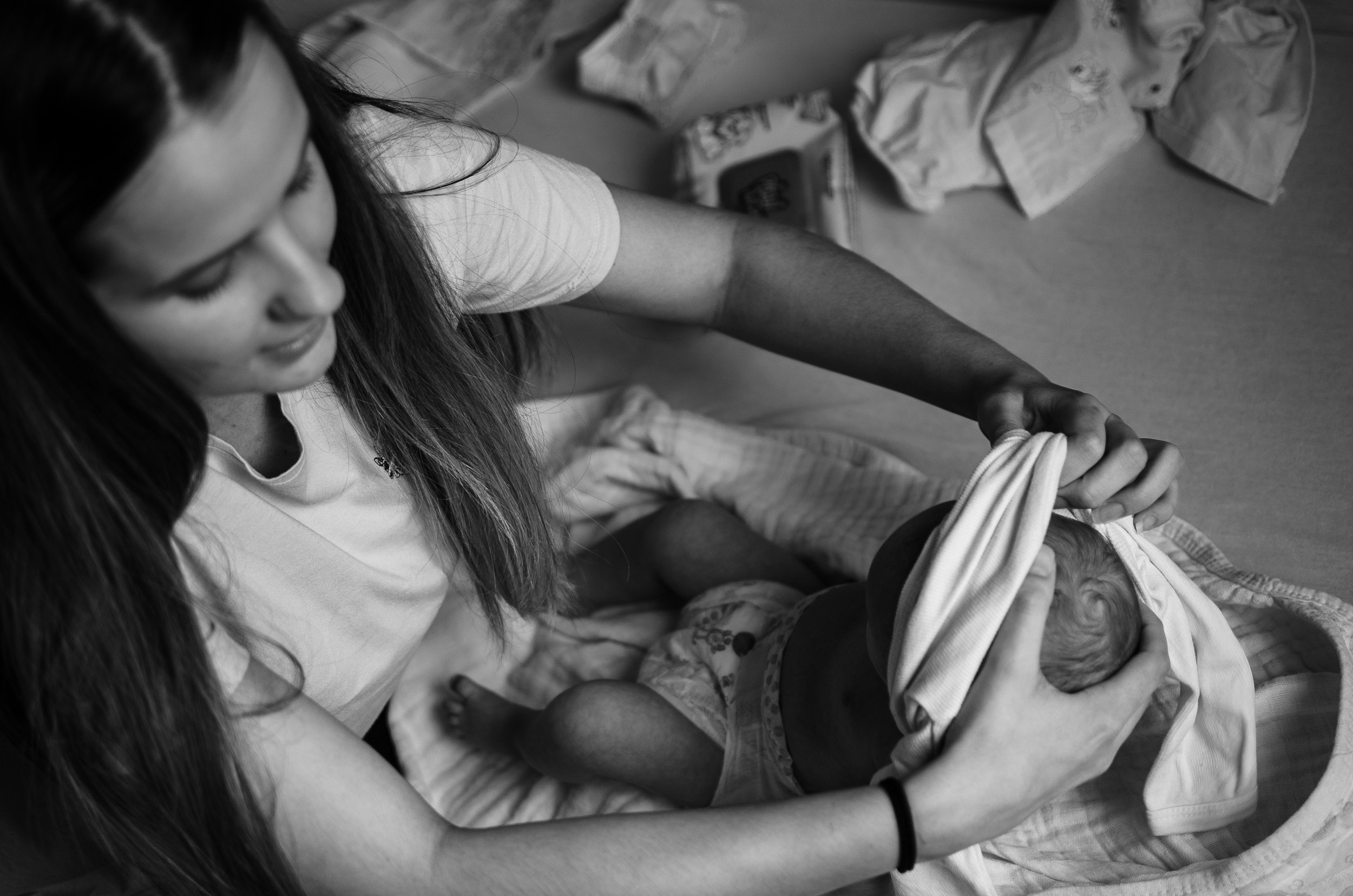
When the Overwhelming Love Doesn’t Come Right Away: A Raw Look at Post-Birth Feelings
Becoming a parent is supposed to be magical, but the truth is, it’s messy, exhausting, and often overwhelming. In those early days, love doesn’t always come instantly—it grows slowly, nurtured by small moments and quiet connections. And that’s okay. Parenthood is a journey, and love, like all good things, takes time to bloom.

Celebrating the Power of Your Placenta and What to Do After Birth
The placenta is an incredible organ that plays a vital role in your pregnancy, providing essential nutrients and oxygen to your baby. After birth, many families choose to honor this remarkable organ in meaningful ways, such as through placenta burial or planting a tree. This post explores the amazing functions of the placenta and offers ideas for honouring it after birth, celebrating the connection between mother, baby, and the earth.
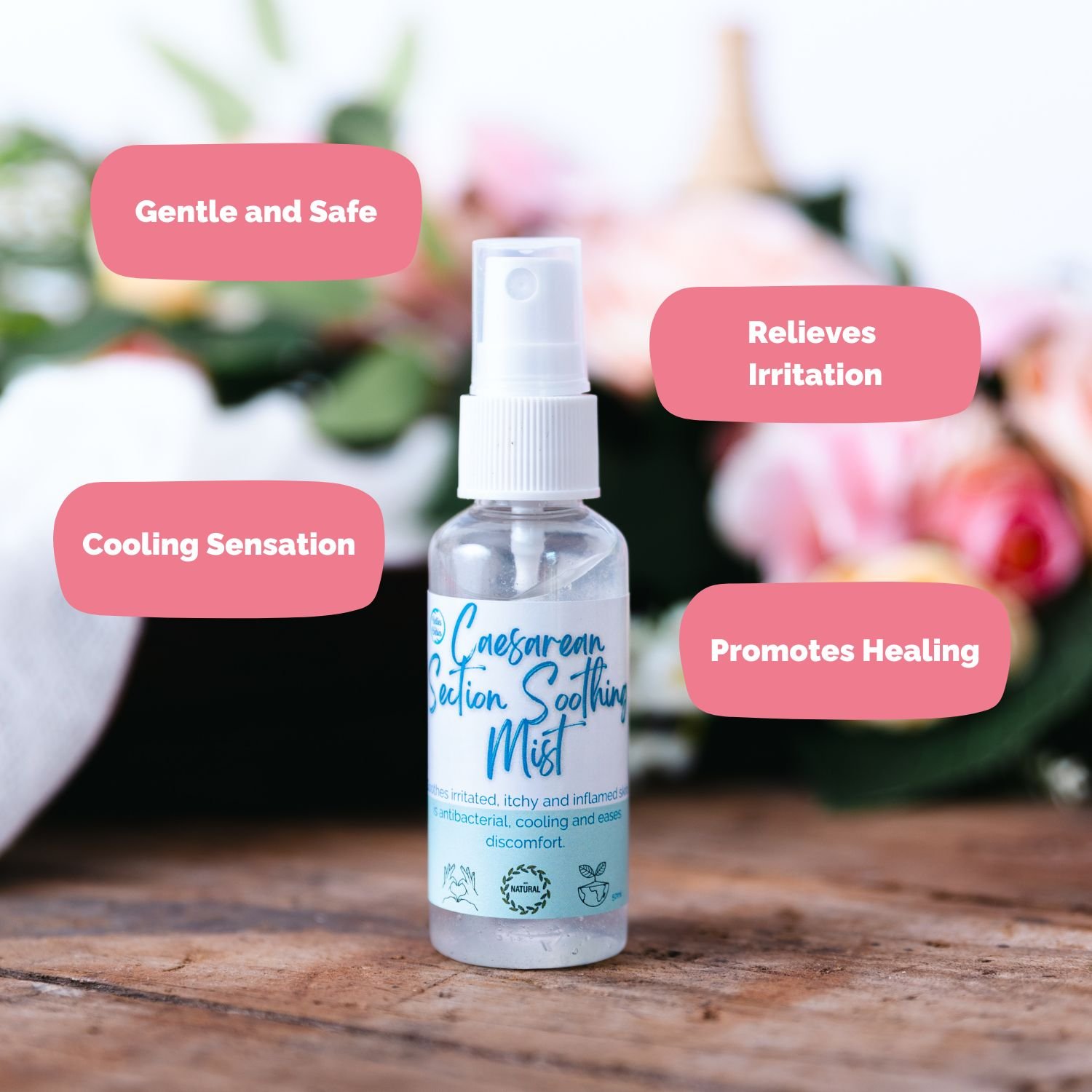
Essential Aftercare for Caesarean Section: Healing and Recovery Tips
After a C-section, recovery can take time and patience, but with the right care and support, you'll heal and feel stronger every day. The first few days after surgery are focused on managing pain, preventing infection, and allowing your body to rest. You’ll likely need assistance with daily tasks as you regain mobility and strength. It’s important to monitor your incision for signs of infection, stay hydrated, and follow your healthcare provider's advice on movement, rest, and nutrition. Taking care of yourself during this time is vital, so don't hesitate to ask for help, prioritize rest, and allow your body the time it needs to heal properly.

The Golden Hour: Why the First Hour After Birth is So Important
The "Golden Hour" refers to the precious first hour after birth, a crucial time for both you and your newborn. During this time, your baby is alert and ready to bond, making it the perfect moment for skin-to-skin contact and initiating breastfeeding. The benefits are immense, from regulating your baby’s body temperature to promoting healthy brain development. For you, it’s a time to begin forming a deep connection with your little one, setting the stage for a lifetime of love and trust. This sacred hour is not just for baby—it’s an essential bonding experience for both parents to embrace.

Navigating the Baby Blues: What You Need to Know
The baby blues, often called the "third-day blues," affect up to 80% of new parents in the early postpartum days. Caused by hormonal shifts, sleep deprivation, and the overwhelming adjustments of life with a newborn, the baby blues can bring mood swings, tearfulness, and anxiety. While these feelings are normal and usually fade within two weeks, support and self-care can make all the difference. Discover practical tips for managing the baby blues, when to seek help, and why it’s okay to ask for support as you navigate this emotional phase of parenthood. Read on …..
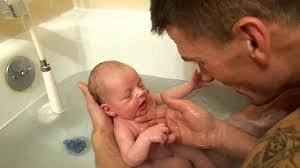
Why Dads Should Jump in the Bath with Their Baby: The Benefits of Bonding Time
Bath time is a wonderful opportunity for dads to bond with their baby in a relaxed and intimate way. Jumping in the bath with your little one not only fosters a strong emotional connection but also creates a playful and calming environment for both of you. It’s a perfect time to relax, have fun, and nurture your relationship, while also sharing in those precious moments that build trust and love. In this post, we’ll explore the many benefits of dads jumping into the bath with their baby, from strengthening the father-child bond to creating lasting memories.
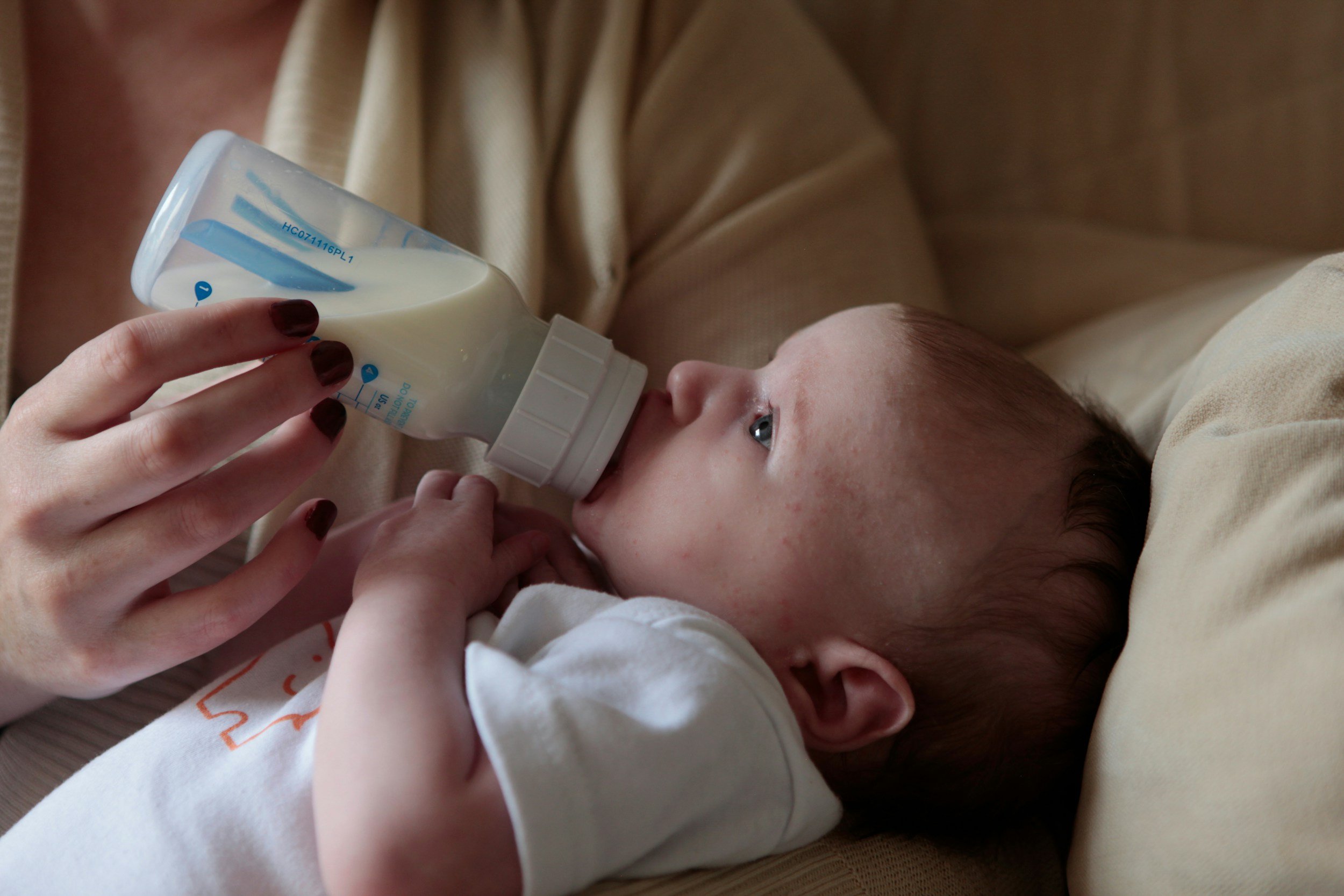
Choosing the Best Way to Feed Your Baby: Important Considerations for New Parents
Deciding how to feed your baby is a deeply personal journey, whether it’s breastfeeding, formula feeding, or a combination of both. Each choice comes with its own benefits and challenges. This guide explores key factors to consider, helping you make an informed decision that supports your baby’s health and your family’s well-being

Thriving as a Single Parent: Strength, Strategies, and Support
Discover practical tips, empowering strategies, and heartfelt advice for navigating life as a single parent. From balancing responsibilities to finding support, learn how to thrive and create a loving, stable environment for your child while embracing your unique parenting journey.
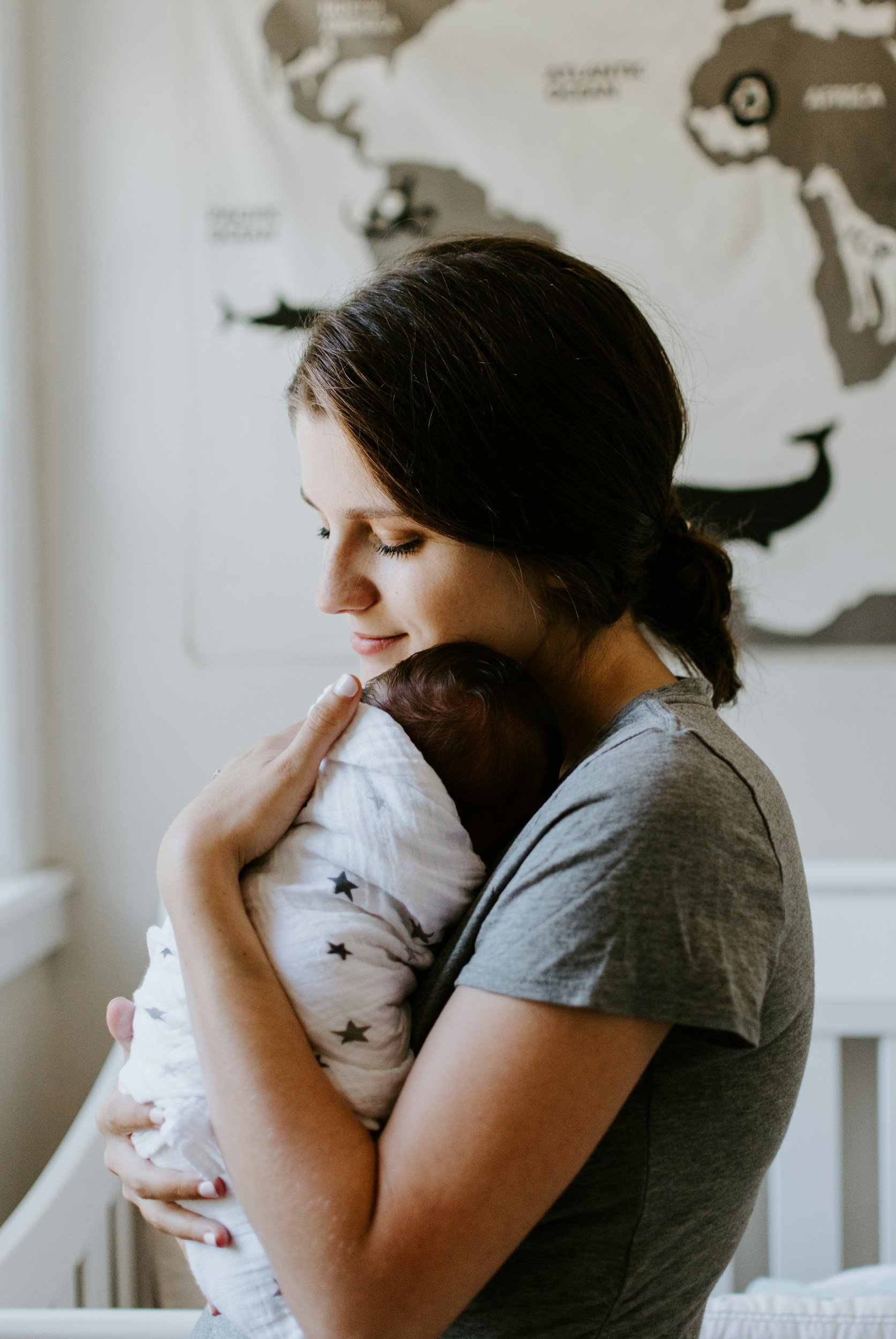
4th Trimester Realities: How to Manage the Rollercoaster
The 4th trimester, the first 3-8 weeks of your baby’s life, can be a challenging and emotional time for new mums. With hormones fluctuating, sleep deprivation, and the pressures of caring for a newborn, it’s easy to feel overwhelmed. In this guide, we’ll help you navigate this transitional period with tips on managing postpartum recovery, understanding your baby’s needs, and seeking the support you need. Discover practical advice on what to expect during the 4th trimester, how to ask for help from partners and family, and how online support groups like Mum Huddle NZ can provide the community and reassurance you need to thrive.
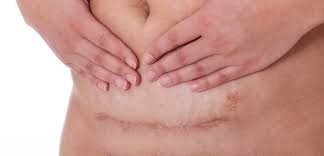
Is it normal for my c-section scar to itch?
There are several layers to heal after having a c-section. The obstetrician will cut through skin tissue, move aside muscles, and then make an incision through three layers of the uterus: the inner lining (endometrium); the middle muscular layer (myometrium); and the outer layer (perimetrium).
The skin or external incision will usually heal within the first two weeks of birth. The incision that was made into the uterus takes between 6 to 12 weeks to heal completely. It’s important to follow the instructions of your LMC to ensure your incision heals properly and minimise the chance of any complications. Find out if the itching is normal….
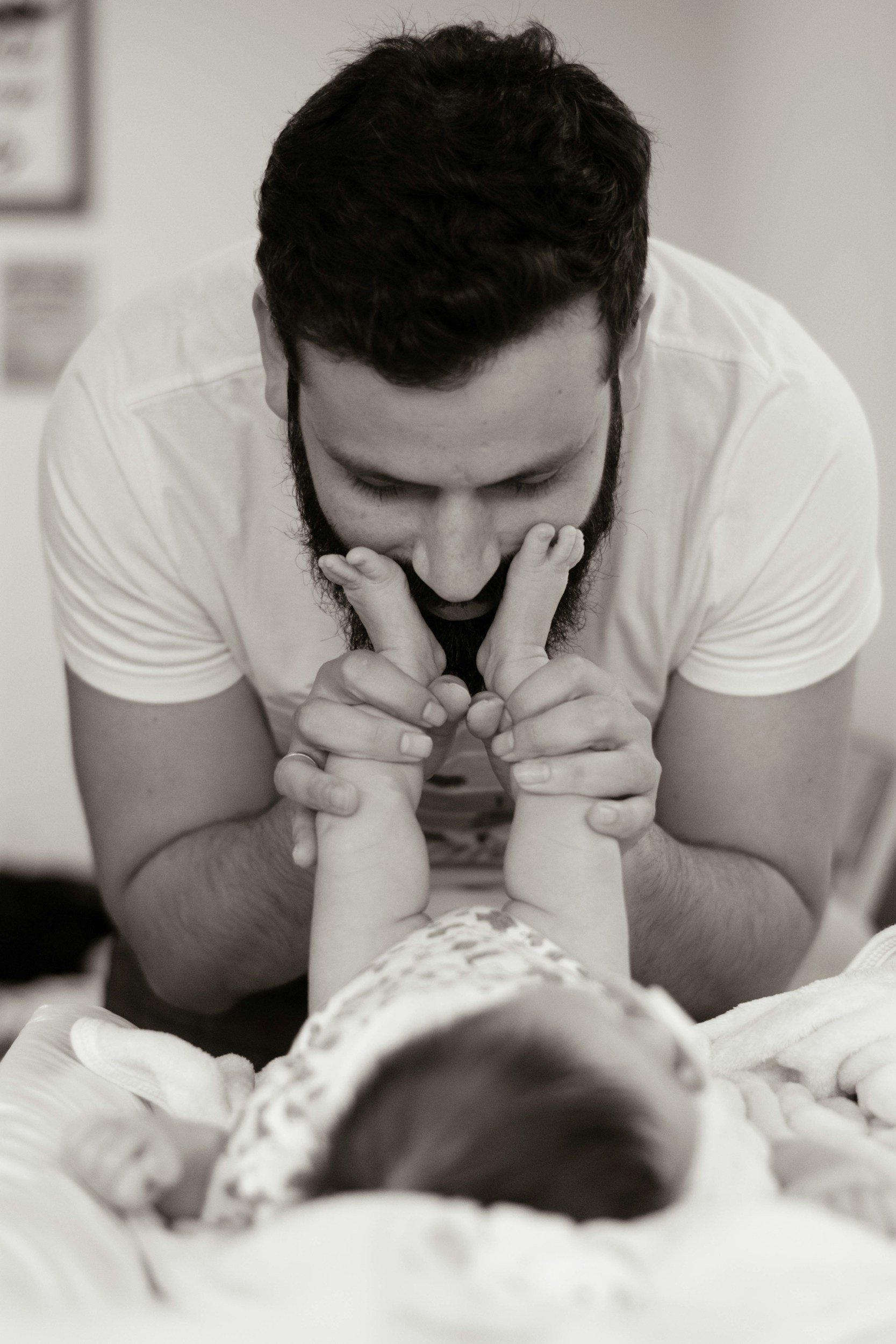
Hands-On Fatherhood: The Benefits of Baby Massage for Dads
There are lots of ways that dads can enhance bonding with their babies - from nappy changing, feeding, babywearing and bathing them but, baby massage is something that bit extra special. Continue reading here..
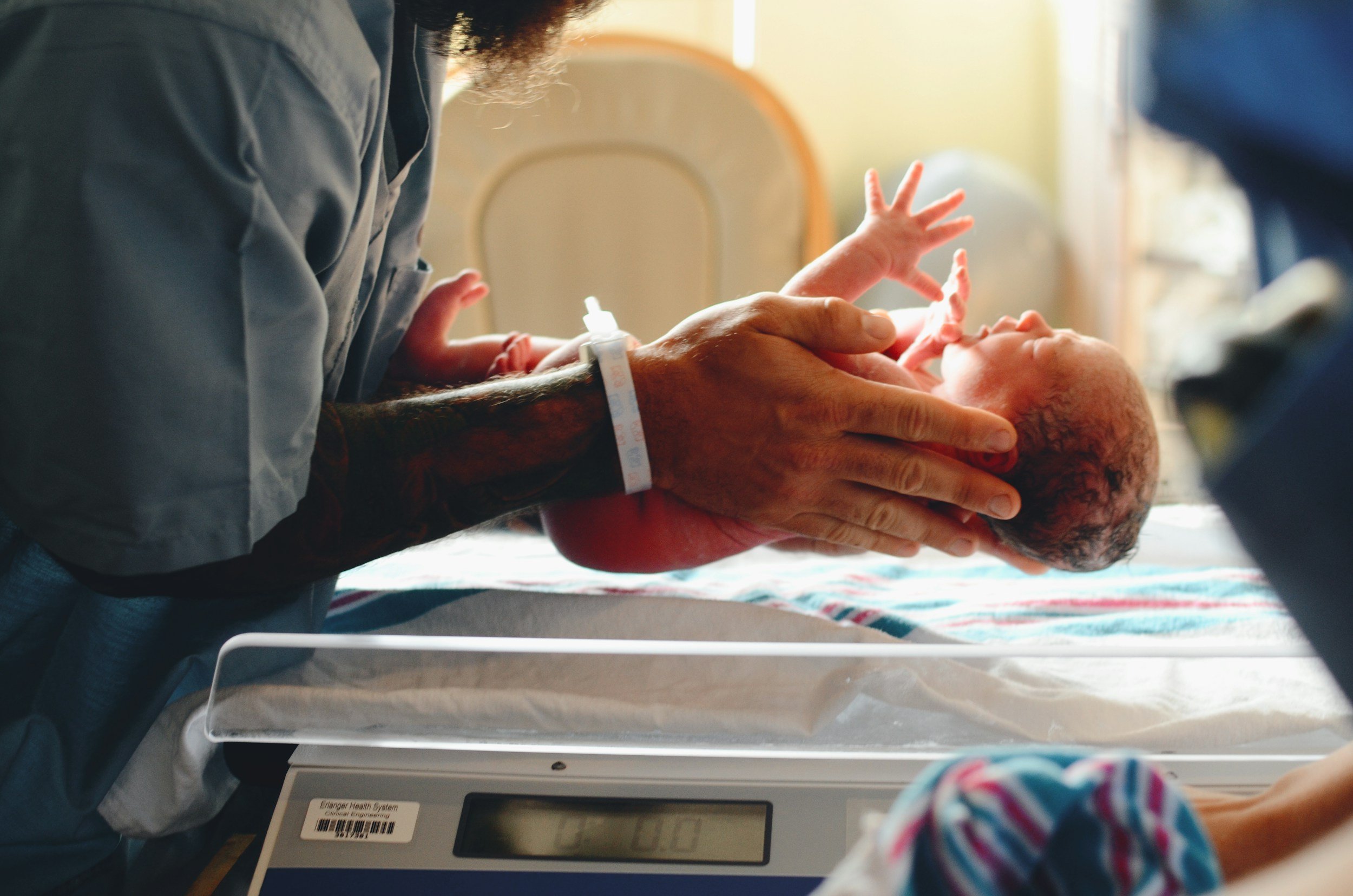
Breathing for the first time - an amazing journey!
Within seconds of birth, a baby takes in its own oxygen for the first time. For that to happen, their tiny lungs and circulatory system have to transform in a matter of seconds. So how does a tiny human manage to take what could be the most challenging breath of its life just seconds after birth?
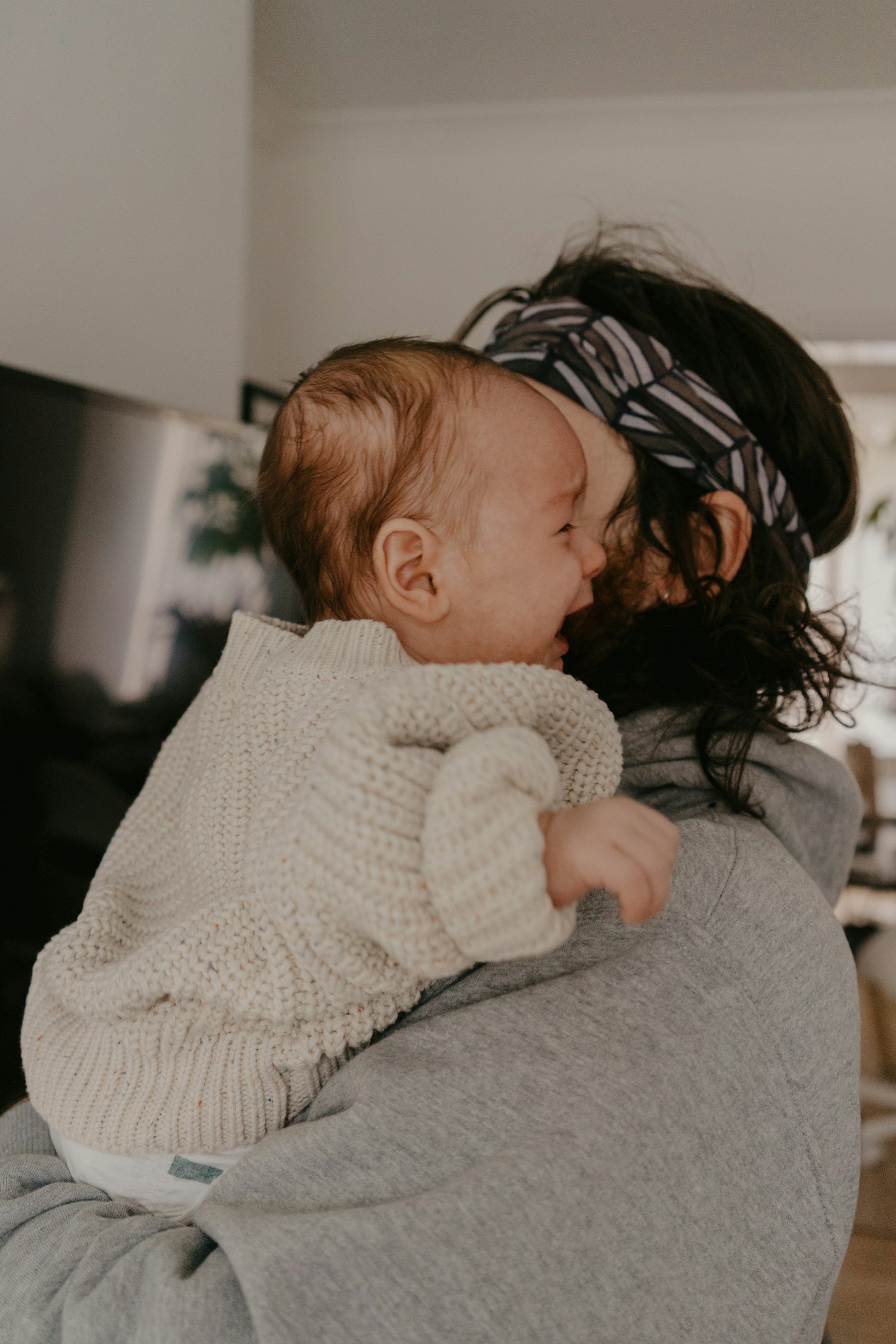
All you need to know about Colic.
The reality is, all babies cry: It's the best (and only) way for them to communicate their needs at this tender age. And as parents, we’re biologically programmed to respond so those needs get met. But in babies with colic, the crying starts suddenly for no apparent reason. Worst of all, try as you might — and try you will — it's extremely difficult to calm a colicky baby, which only compounds your own frustration, worry and exhaustion. Read on….

Postnatal Depression - A Partners Perspective.
Welcoming your new baby is a time of joy, as well as a radical life adjustment for you both. Your partner is recovering from pregnancy and birth, you are both learning to meet the needs of your newborn, and throw in the lack of sleep, times can be trying to say the least! When postnatal depression is added into the mix, it can tip any sense of balance, and make the postnatal adjustment feel completely overwhelming. Keep reading….

Embracing the Chaos: A Guide to the Ups and Downs of Early Parenthood.
It’s 3 am and you’ve already been up five times tonight. You feel like you're the only one in the whole world that is up at this hour (you're not)! Up to your elbows in dirty nappies and baby vomit. And as you sit in the dark you ask yourself - again - how a tiny person can make so much noise!
Sound familiar?
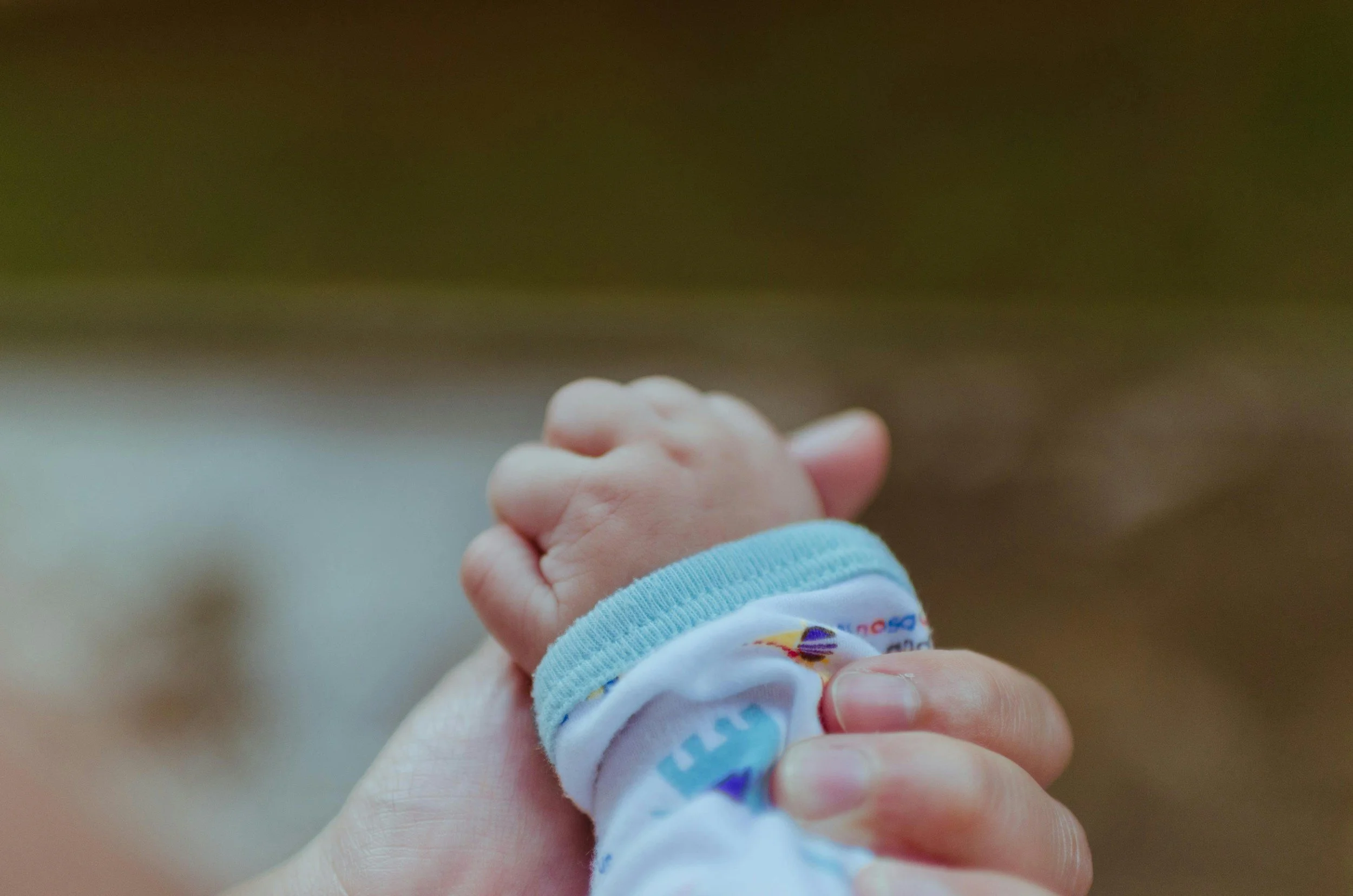
Never Shake a Baby.
Shaken Baby Syndrome is a serious injury to the brain resulting from intentional head trauma which can occur when a baby is thrown, jogged, jerked, or shaken - often because the baby or child won't stop crying. It is the single most preventable cause of serious head injury in babies under 1 year of age in New Zealand. Babies, especially very young ones, have relatively large heads, and weak neck muscles, so any kind of violent movement will cause a kind of whiplash effect. A baby’s delicate, developing brain is much more sensitive to injury and serious damage than an adult’s.
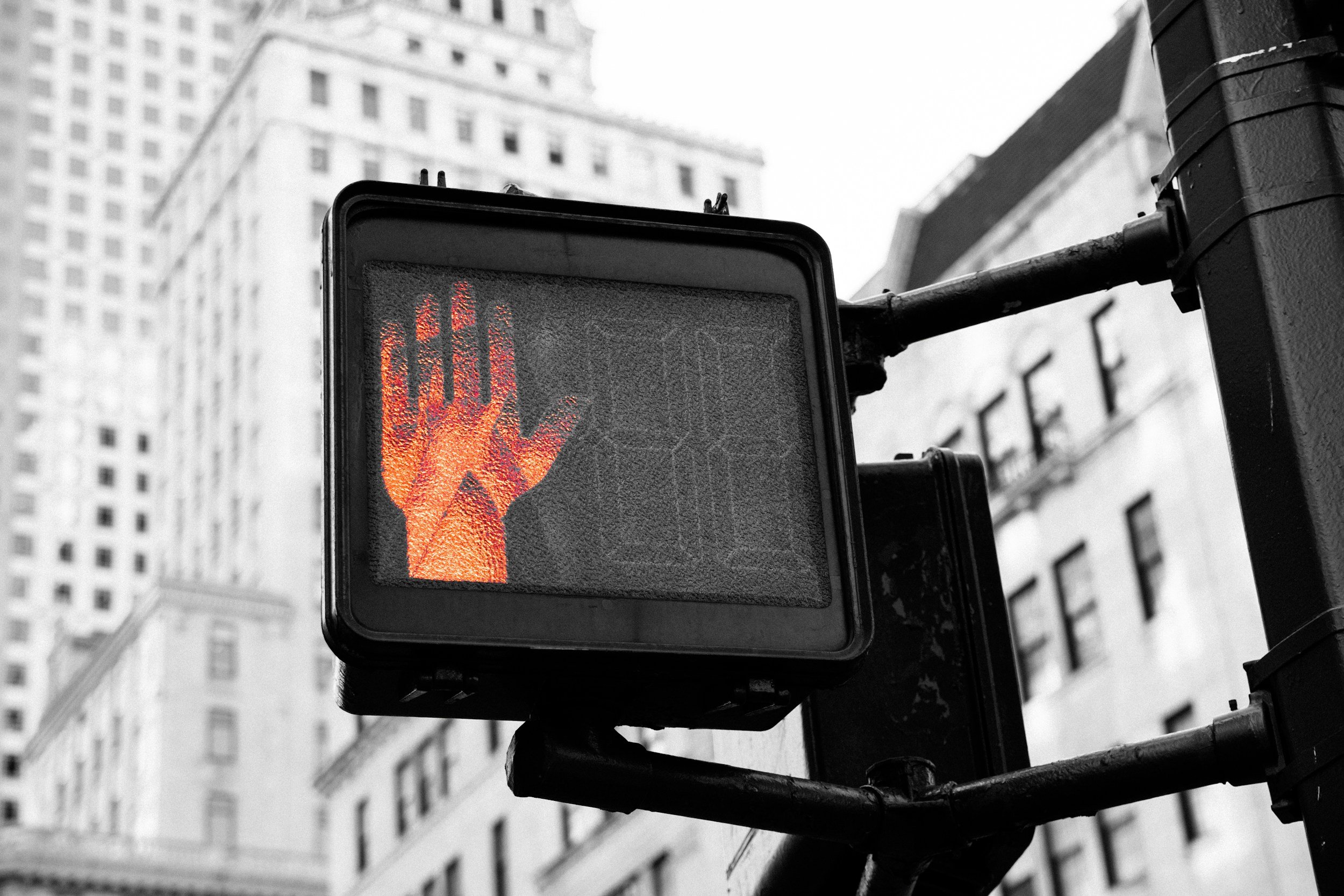
Feeling 'touched out'!
You want to scream at the top of your lungs. Your body is so overstimulated, sore, tired and plain beat up. You don’t feel an inch of sexiness which only adds to the more guilt you feel. You have a love-hate relationship with breastfeeding. It’s only 12 pm and you have been touched a gazillion times!
You are so over it but no one understands. To make matters worst you are so fearful to express it because you will feel judged. You are burnt out and you are beginning to cringe when it’s time to feed your baby or “sexy time”. Am I a bad Mum/partner you think to yourself? Is there something wrong with me? Why do I turn away from being kissed by my partner? I don’t ever feel the need to be intimate anymore… what does this mean for my relationship?”
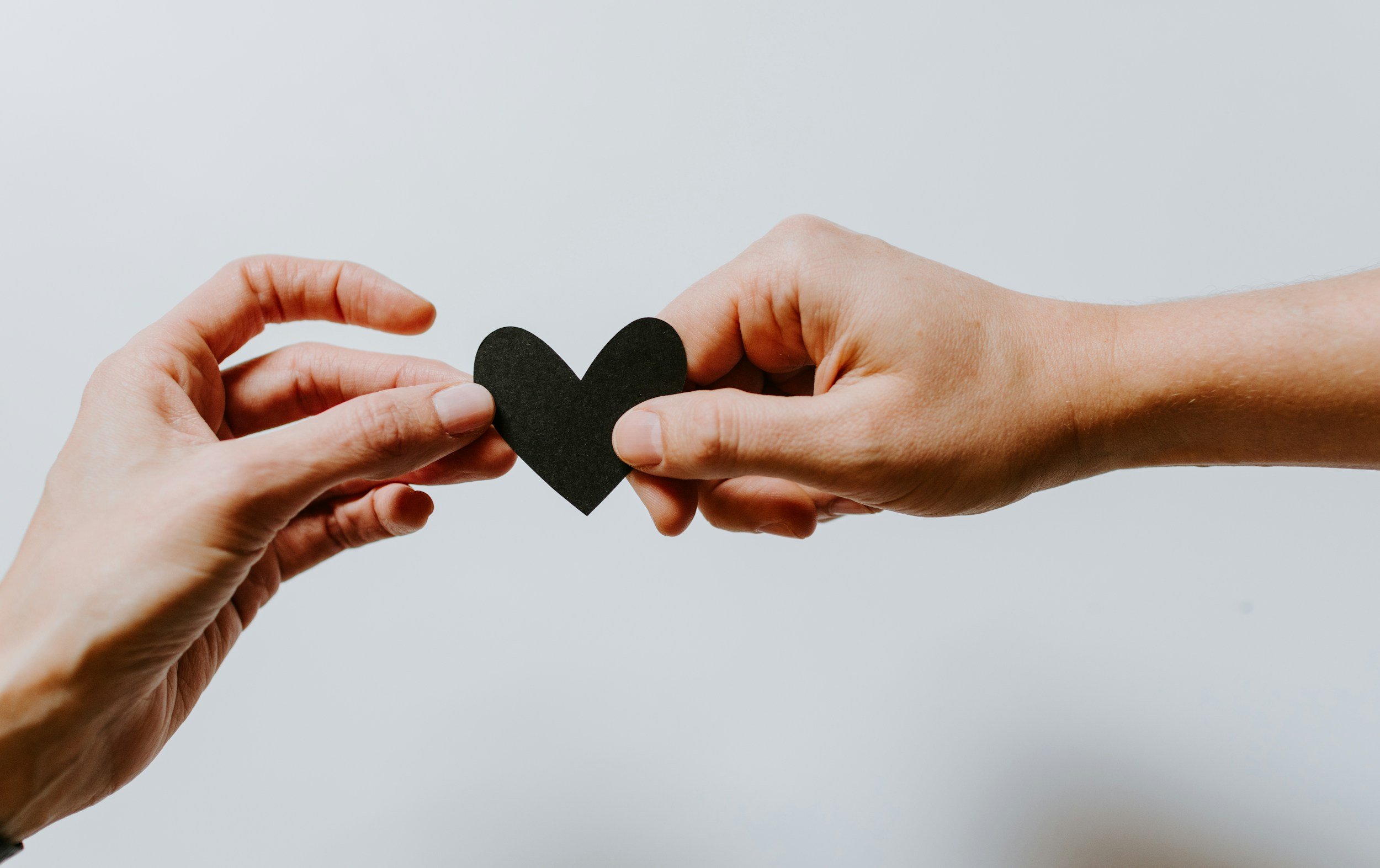
Advocacy during labour and the postnatal period.
Whether you give birth in the hospital, at home, an operating room, or in a warm bath or shower, labour and birth can be an arduous process. Almost inevitably, there will be choices to be made. Also, inevitably, it’s probably not going to go exactly as you had imagined, planned, or expected.

Postnatal Depression - you are not alone.
Sometimes, parents have difficulty adjusting to the many physical, emotional, psychological and social challenges of parenting. We know that everyone experiences symptoms of perinatal anxiety and depression differently. The way it affects you can depend on a range of factors. Your own physical, emotional and mental make-up and stressful external situations may combine to increase the risk of you developing symptoms of perinatal anxiety and/or depression.
Did you know you can easily find specific topics by using the search bar? Simply type in what you're looking for, and you'll be directed to all the relevant information!

